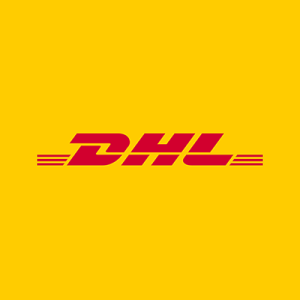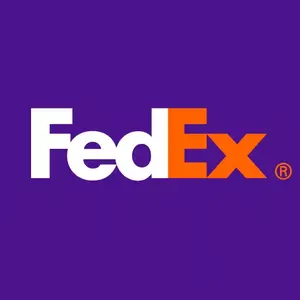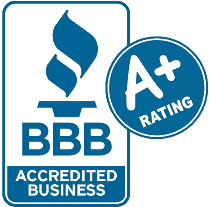Product Description
Beckhoff manufactures the AM8131-3F21-0000 servo motor. This type of motor is known for its high efficiency, reliability, and precise control capabilities, making it suitable for various motion control applications. The motor operates at a nominal voltage of 24 to 48 V, a standard voltage range for industrial servo motors. This voltage range allows for compatibility with various servo drives and power supplies. The motor has a standstill torque of 1.35 Nm. Standstill torque, or holding torque, is the torque the motor can produce when not rotating. This torque is essential for applications where the motor needs to hold a load in place, such as in robotics or machine tooling. The rated torque of 1.35 Nm is the continuous torque the motor can deliver at its rated speed without overheating.
This torque rating is a key factor in determining the motor's ability to perform its intended task. The peak torque of 6.07 Nm is the maximum torque the motor can produce for a short period. This torque is typically used for acceleration or for overcoming high inertial loads. The rated speed of 1000 min⁻¹ is the speed at which the motor is designed to operate continuously. This speed matches the application's requirements, such as the desired speed of a conveyor belt or the rotation speed of a robotic arm. The rated power of 0.14 kW is the power the motor consumes when operating at its rated speed and torque. This power rating is used to select the motor's appropriate servo drive and power supply. The motor offers convection cooling, cooled by the natural airflow over its housing.
This cooling method suits applications without enclosed motors or operating in high-temperature environments. The AM8131-3F21-0000 servo motor is part of the AM Servo Motor Series from Beckhoff. This series of motors is designed for various industrial applications, including robotics, material handling, and packaging. The approvals for motor features, including CE and EAC, indicate that they meet these standards' safety and performance requirements. CE marking is required for products sold in the European Economic Area, while EAC marking is required for products sold in the Eurasian Customs Union.
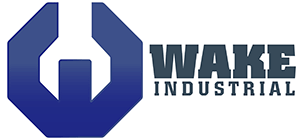
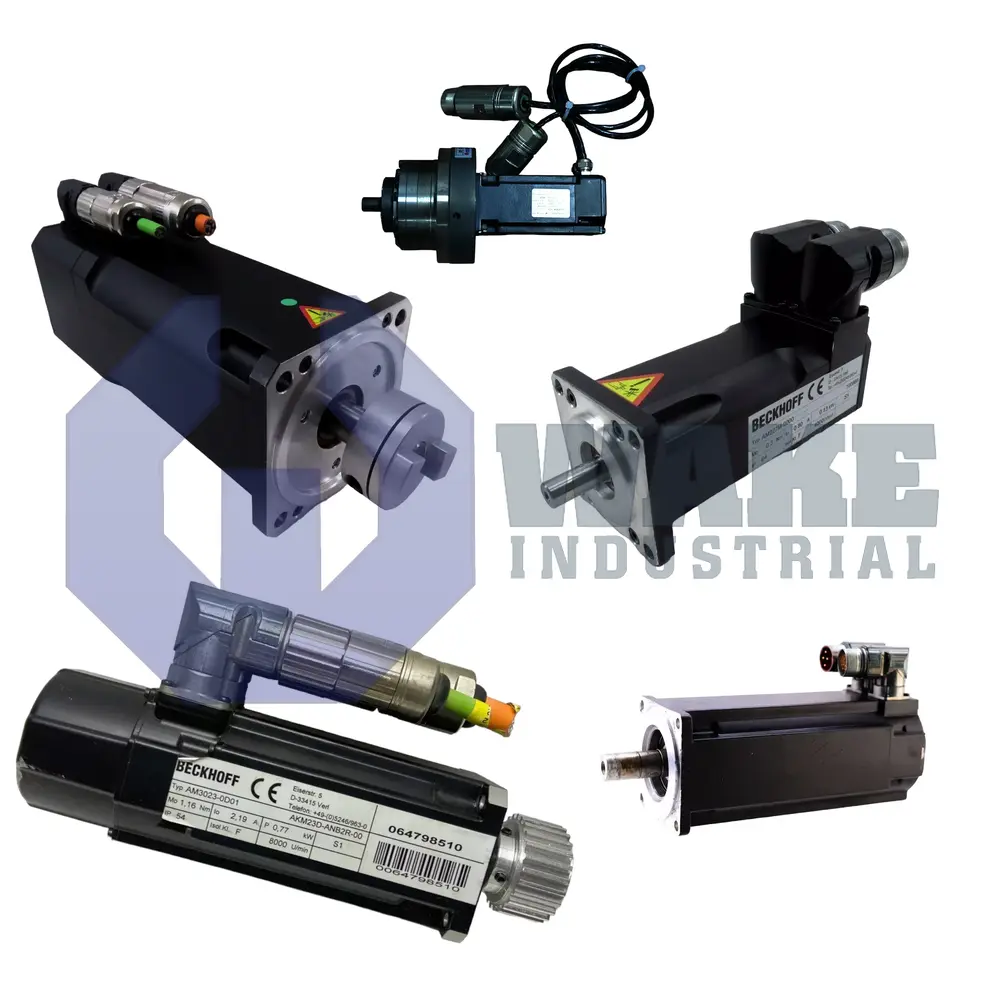
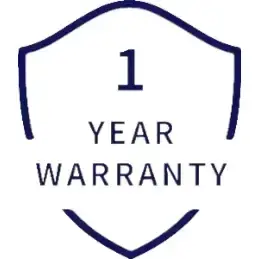 Wake Industrial Warranty
Wake Industrial Warranty
